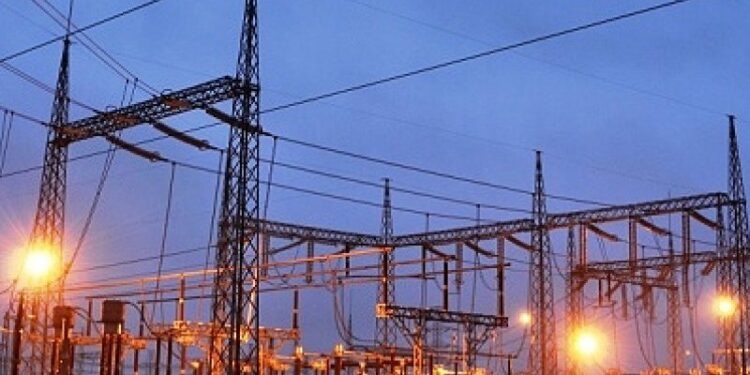IES criticises ECG’s ‘misleading’ power supply claims amid Ghana’s energy crisis; makes demands on PURC, MoE, others
The IES has further highlighted that the ECG’s receipt of less than 85% of the required power from the Ghana Grid Company Limited (GRIDCo) since the start of the year directly contradicts the ECG’s portrayal of a consistent power supply.
- Advertisement -
The Institute for Energy Security (IES) has sharply criticised recent assertions by the Electricity Company of Ghana (ECG) regarding the country’s power supply stability, describing them as “misleading” and at odds with the current reality of widespread outages.
In a recent statement by the power distributor, the ECG proclaimed a “stable national power supply”, attempting to conflate this with a “stable national grid”.
- Advertisement -
The IES has rebuffed this equivalence, highlighting that neither stability in power supply nor grid resilience can be claimed in the present energy landscape.
- Advertisement -
The IES has further highlighted that the ECG’s receipt of less than 85% of the required power from the Ghana Grid Company Limited (GRIDCo) since the start of the year directly contradicts the ECG’s portrayal of a consistent power supply.
This shortfall raises pressing questions about the ECG’s ability to ensure reliable electricity provision to consumers.
Compounding concerns is the overwhelming silence of GRIDCo, the entity responsible for managing grid stability and power supply. The IES notes that such ‘silence’ by GRIDCo is uncharacteristic and only adds to the prevailing uncertainty.
- Advertisement -
To bring clarity and accountability to Ghana’s power sector, the IES has made the following four demands;
- The Ghana Grid Company Limited (GRIDCo) must break its silence on happenings in the power sector and be willing to indicate to the Electricity Company of Ghana (ECG) the quantum of power that could be made available to the ECG within a set time frame. Such an information is vital for the ECG to plan its load response with a timetable.
- The ECG must concern itself with its load management based on the quantum of power made available by GRIDCo, as well as its effective mobilisation of revenue; necessary to prove full cost recovery.
- The Public Utility and Regulatory Commission (PURC) must look beyond the ECG to audit the upstream segment of the power sub-sector, particularly the GRIDCo, and export sales by the Volta River Authority (VRA).
- The Minister of Energy, and by extension, the government must allow the ECG to freely deliver its mandate without the usual political interference. The best intervention Ghanaians can expect from government at this critical moment is to cause the ECG and GRIDCo to cooperate so a load-shedding timetable can be issued as expected by Ghanaians.
Source:norvanreports
- Advertisement -



